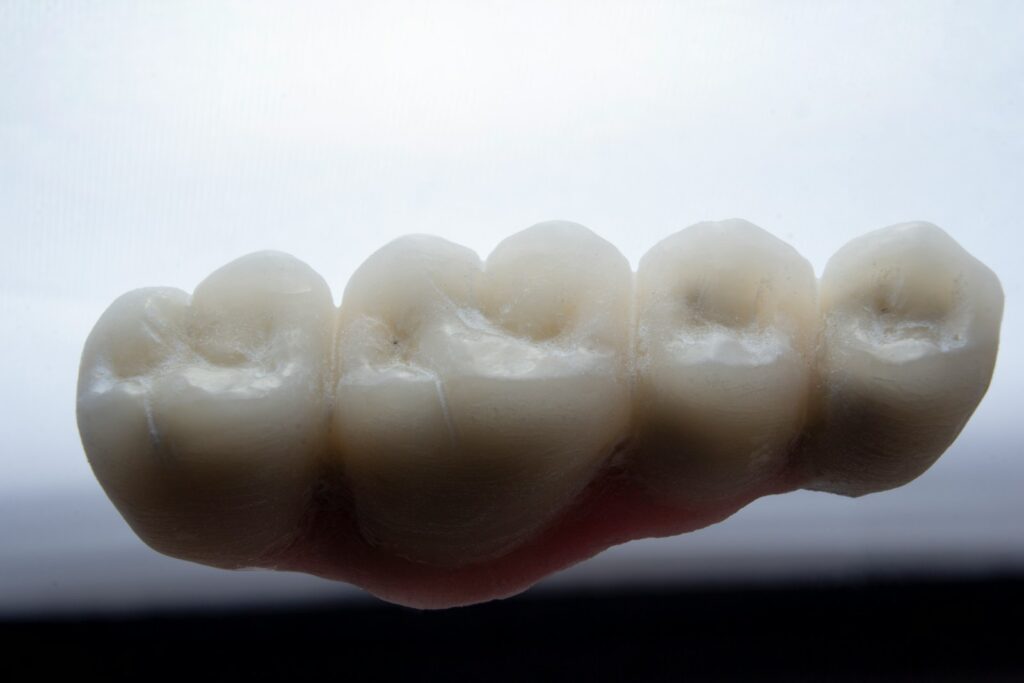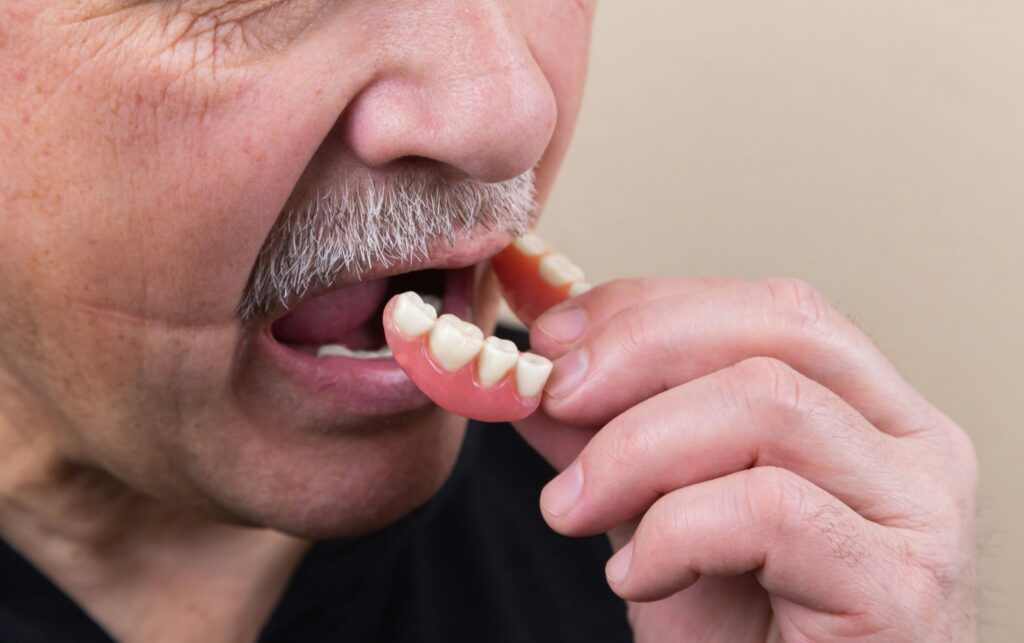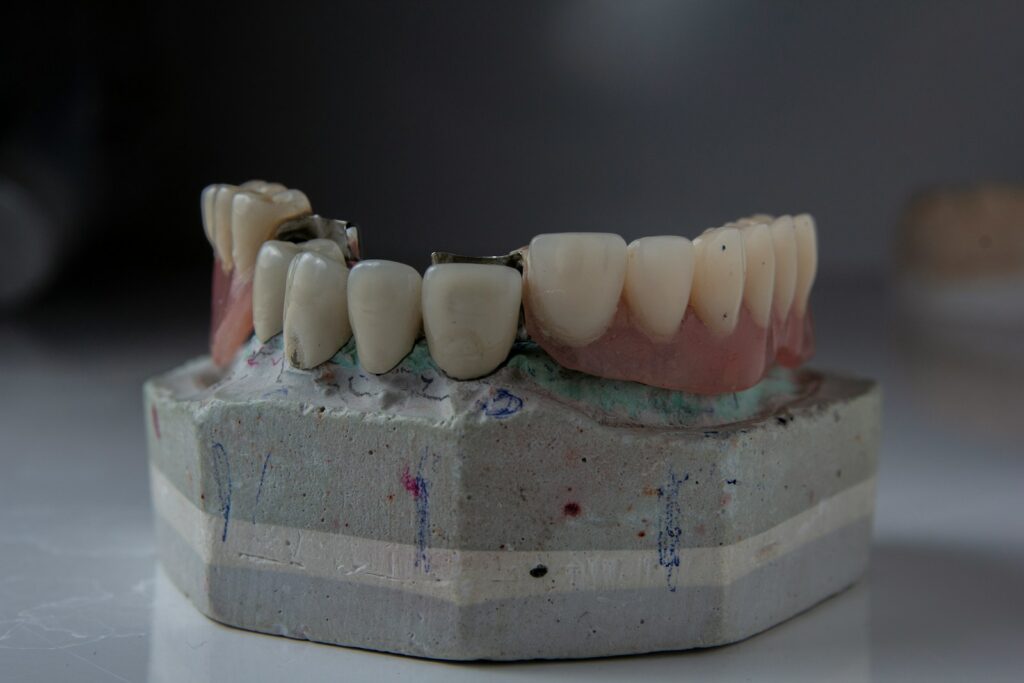Single tooth dental implants are a widely recognized solution for replacing missing teeth, offering numerous advantages that contribute to both functional and aesthetic benefits for patients. Unlike traditional tooth replacement options such as dentures and bridges, dental implants provide a permanent, stable foundation that closely resembles natural teeth in appearance and performance. This innovative approach to dental restoration not only enhances self-esteem and quality of life but also addresses critical health concerns, making implants a notable option in modern dentistry.
One of the primary benefits of single tooth implants is their ability to preserve jawbone density. By mimicking the function of natural tooth roots, they stimulate the jawbone and prevent bone loss that typically occurs following tooth extraction. The durability of single tooth dental implants also distinguishes them from other tooth replacement options. With proper care, these implants can last a lifetime, making them a cost-effective choice in the long term despite higher initial costs compared to other methods. Their ease of maintenance, involving regular brushing and dental check-ups, further enhances their appeal as a reliable solution for tooth loss.
Benefits of Single Tooth Dental Implants
Single-tooth dental implants offer a multitude of advantages that make them an appealing solution for individuals with missing teeth.
Natural Appearance and Function
One of the primary benefits of single-tooth implants is their ability to closely mimic the appearance and function of natural teeth. Patients can chew, speak, and smile confidently, as the implants resemble real teeth in both aesthetics and performance. This is a significant advantage over removable dental prosthetics, such as dentures, which can shift during eating or speaking.
Preservation of Jawbone Density
Single-tooth implants play a crucial role in maintaining jawbone density. By stimulating the bone in a manner similar to a natural tooth root, dental implants help prevent bone loss that can occur following tooth extraction. This preservation of bone is vital for maintaining facial structure and preventing changes in appearance due to tooth loss.
Improved Oral Health
Implants contribute to overall oral health by avoiding complications associated with untreated tooth gaps. They prevent adjacent teeth from shifting into the empty space, which can lead to bite misalignment and additional dental issue. Furthermore, single-tooth implants do not require the alteration of neighboring teeth, as is necessary with dental bridges, thereby preserving the health of the remaining natural teeth.
Long-lasting Durability
When properly cared for, single-tooth dental implants can last a lifetime, providing a permanent solution to tooth loss. Their durability makes them a cost-effective choice in the long run, even though the initial investment may be higher compared to other dental treatments.
Ease of Maintenance
Maintaining single-tooth implants is straightforward, as they can be cleaned just like natural teeth. Regular brushing, flossing, and dental check-ups are all that is required to ensure their longevity and functionality. This ease of maintenance enhances their appeal as a tooth replacement option.
Overall Confidence and Quality of Life
Patients with single-tooth implants often report improvements in their quality of life, including enhanced self-esteem and confidence. The ability to eat, speak, and smile without hesitation contributes significantly to personal well-being and social interactions
Comparison with Other Tooth Replacement Options
Dental implants are increasingly recognized as a leading option for tooth replacement, particularly when compared to traditional solutions such as dental bridges and dentures. This section examines the advantages of single tooth dental implants relative to these alternatives.
Advantages of Dental Implants
One of the primary benefits of dental implants is their ability to closely resemble natural teeth, both in appearance and function. Unlike dental bridges, which require support from adjacent teeth, implants are independently anchored into the jawbone, thereby providing a more realistic solution. Furthermore, implants help preserve existing bone and significantly reduce the risk of future bone loss, a critical advantage over dental bridges which may lead to increased risk of cavities and decay in neighboring teeth. Additionally, while the initial cost of dental implants can be higher than that of bridges or dentures, they often prove to be more economical in the long term due to their durability. Dental bridges typically last between 5 to 15 years and may require replacement, while well-maintained dental implants can last a lifetime.
Considerations for Dental Bridges

Dental bridges are often perceived as a quicker and less invasive option for replacing missing teeth. The procedure usually involves the preparation of adjacent teeth and can be completed in fewer visits, which may appeal to those seeking immediate solution. However, this convenience comes with certain drawbacks. The requirement to modify adjacent teeth can weaken them, increasing their susceptibility to decay over time. Furthermore, the lifespan of dental bridges is generally shorter than that of implants, necessitating additional costs in the future for replacements or repairs.
The Role of Dentures

Dentures, whether complete or partial, provide a removable solution for tooth loss but often lack the stability and comfort associated with dental implants. Advances in dental technology have improved the fit and aesthetic appeal of modern dentures; however, they typically require ongoing maintenance and may need to be replaced every 5 to 15 years due to wear and tear. The functional limitations of dentures can also affect quality of life, making implants a more attractive option for those seeking both comfort and confidence in their smile.
Mixed Solutions

In cases where patients have lost multiple consecutive teeth or an entire section of their mouth, dentists may employ a mixed solution that combines dental implants and bridges. This approach allows for enhanced functionality and aesthetics, catering to individual needs while leveraging the strengths of both treatment types.
Replace your missing teeth
Are you dealing with a missing tooth? Give us a call or drop by our Jaipur clinic to set up an appointment with our dentist and explore treatment options like dental implants.
Request an appointment here: Get in touch or call our clinic at +91 9460006343.
Checkout what others are saying about our services on Google

